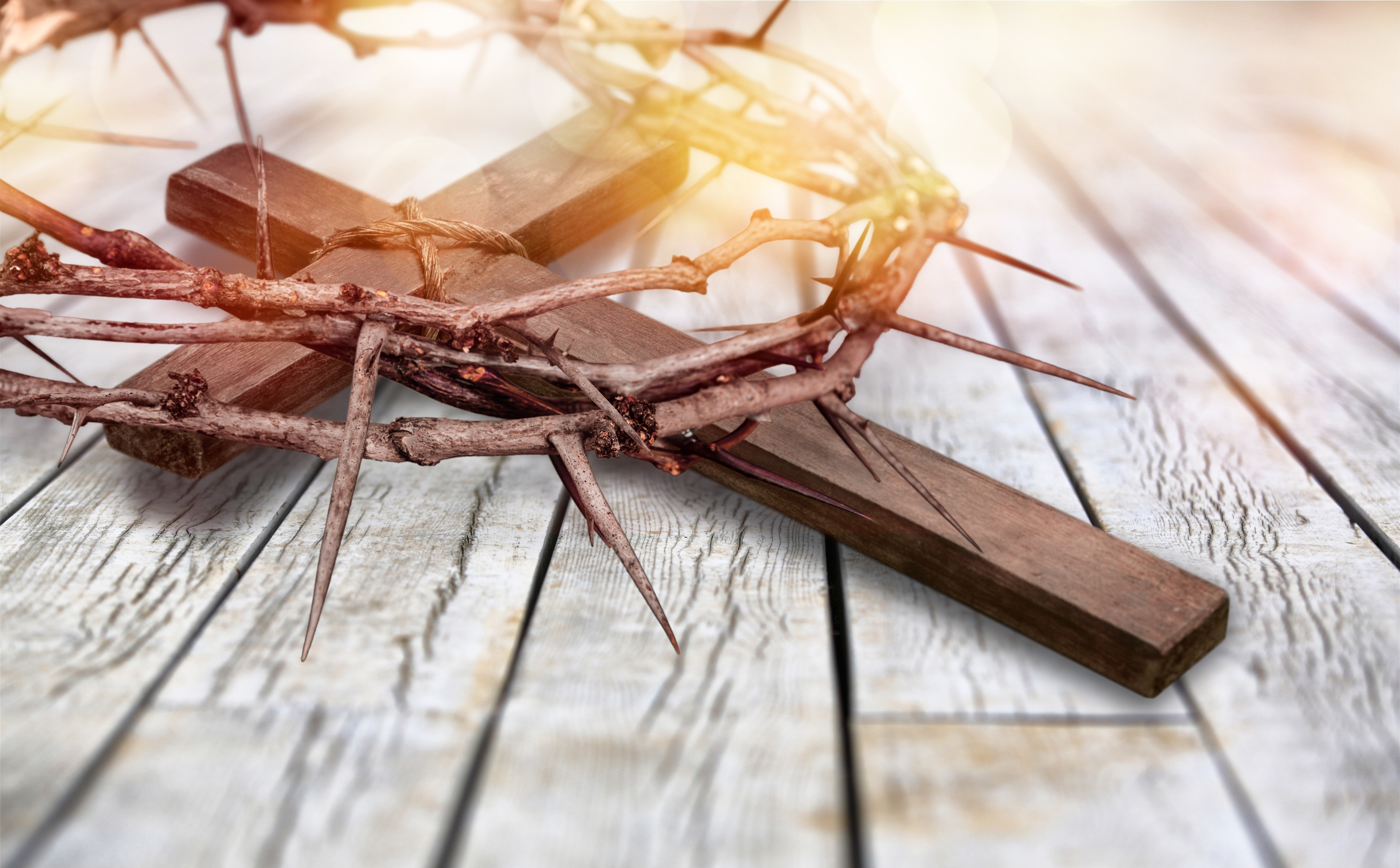
Palm.
Ash Wednesday, falling on Feb. 22 this year, marks the beginning of the lenten season. The distinctly penitential and austere obligations that come with Lent can seem like drudgery at times, but our dispositions to such practices are often a reflection of our own spiritual health.
The Church, in her wisdom, knows the incredible fruits and merits God gives to a humble and penitential soul. She also knows that our fallen nature makes us unlikely to seek acts of penance. Because of this, she obliges us to follow certain penitential practices during Lent for our own good.
During Lent, the Christian faithful are obliged to do penance through prayer, fasting, abstinence and by performing works of piety and charity. Even outside of Lent, the bishops in the U.S. still exhort the faithful to observe all Fridays as days of penance in recognition of Friday as the day of our Lord’s death and in preparation for the heavenly banquet at Sunday Mass.
Abstinence
Everyone age 14 and older is to abstain from eating meat on Ash Wednesday, all Fridays of Lent and Good Friday. Meat has always been considered a food of banquets and celebrations. Additionally, for many centuries it was a luxury to have access to and consume meat. Since Fridays, particularly during Lent, observe the Passion and Death of our Lord, these are clearly days in which we should abstain from the food of banquets and celebrations.
In the Midwest, high-end seafood can often be a luxury and a significant expense, especially when consumed at restaurants. While consuming such food certainly observes the “letter of the law” in regards to the obligation, in order to reap the most bountiful spiritual fruits, the faithful should ensure their intention is united to the “spirit” of such obligations.
Fasting
Fasting is an ancient practice whose importance can be seen time and again throughout the Old and New Testaments of the Bible. Everyone age 18 and up to their 59th birthday is obliged to fast on Ash Wednesday and Good Friday.
- Only one full meal is allowed on days of fasting. Two other meals, often called collations, may be taken to maintain strength according to one’s needs. When combined, these collations should not equal another full meal.
- Eating between meals and collations is not permitted, but liquids are allowed.
- The obligation does not apply to those whose health or ability to work would be seriously affected.
- People in doubt about fasting or abstinence should consult their priest.
For Christians, the practice of fasting mirrors the 40 days Jesus fasted in the desert before he was tempted by the devil. Jesus’ example shows us how denying the body of indulgence detaches us from worldly desires and elevates us in holiness so that we are more disposed to respond to God’s grace to resist temptation and sin. The practice of fasting highlights the integral union of body and soul and how the actions of each one affect the health of the other.
In addition to growth in individual holiness, we can offer our fast up to God for various intentions. Consider offering your fast up for the conversion of another soul, for their perseverance during difficult times or temptations, or for their final perseverance at the end of their earthly lives. Offer it up for your parish priest, for their health, needs and strength. The list of possible intentions is endless. Don’t miss the opportunity to unite something to your fast.
Penitential acts
It is popular for Catholics to “give something up” for Lent. This is not required by the Church, but it is often encouraged as a way to detach from the things of the world and focus our attention on God and heaven. This helps a soul prepare for Easter and grow in holiness at the same time.
We owe God everything and he owes us nothing. Yet, he has given us everything and we often give very little in return. Consider showing your deep love and trust for God by giving something up that you think will be very difficult. Resign yourself to him in complete trust and let him be your guide through the long journey of Lent. If you slip and give in during the journey, the only shame comes if you abandon your sacrifice completely as if it has lost all its merit. Turn again to him who never turns from you, and ask him to give you the resolve to rise once more and push on to that great and holy Easter day.


